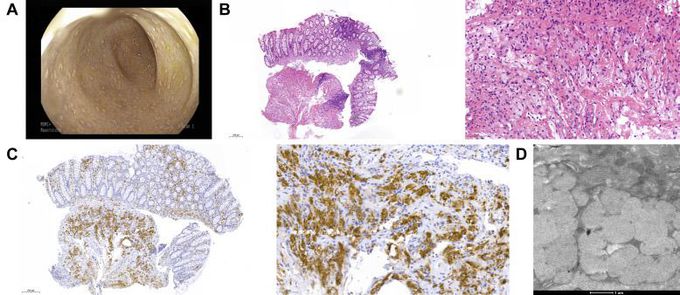


Tangier Disease
Overview: Categorized as a rare inherited disorder, Tangier disease is distinguished by a profound deficiency in high-density lipoproteins (HDL) within the bloodstream, representing a complex disruption in lipid metabolism. Tangier disease /familial alpha-lipoprotein deficiency/ predominantly manifests through the conspicuous enlargement of tonsils, often exhibiting hues of orange or yellow owing to the accumulation of fatty deposits. This phenomenon stems from the deposition of lipids within the tonsils. Furthermore, these lipid deposits have the propensity to accumulate in various other vital organs, resulting in the enlargement of the throat, liver, spleen, and lymph nodes. The infiltration of fats into nerves may lead to peripheral neuropathy, causing disturbances and sensory loss. Discoloration can also extend to the digestive system, particularly affecting the rectum and large intestine. Tangier disease is an autosomal recessive genetic disorder. If an individual inherits one normal gene and one gene for Tangier disease, the individual will be a carrier for the disease but will not show the classic characteristics. The gene that causes this condition has been identified as ABCA1 (ATP-binding cassette transporter A1). ABCA1 codes for a cell surface protein that is important in the process of reverse cholesterol transport, which allows the movement of cholesterol from inside the cell to apolipoprotein AI (apoA-I), the major protein constituent of HDL. When two ABCA1 gene mutations are present, the cell is no longer able to efflux cholesterol out of the cell to ApoA-I. Tangier disease is a rare disorder with only approximately 100 cases diagnosed worldwide. It is thought to be present at birth, but the age of diagnosis can be highly variable (from infancy through 7th decade) due to the nature of symptoms. Source: NORD, Tangier disease https://rarediseases.org/rare-diseases/tangier-disease/ Unusual White-Yellowish Dots in the Colon Reveal a Rare Metabolic Disease Jeuring, Steven F.G. et al. Gastroenterology, Volume 161, Issue 2, e39 – e40
Great description of the disease ! Thank you for the post !


